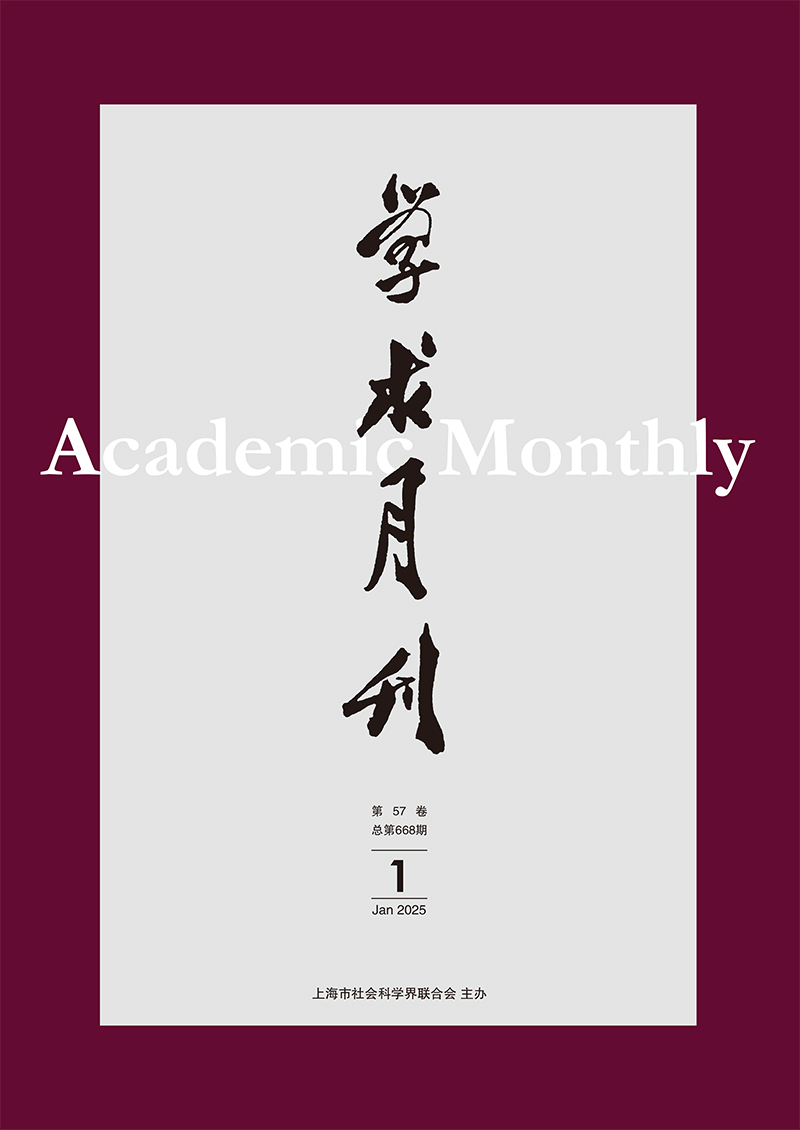The Triple Meanings of “Understanding”—Also Discussing the Interpretation of Confucian Classics
Abstract: As an important concept in hermeneutics, "understanding" encompasses at least three layers of meaning. Firstly, in terms of the philological significance during the reading process, we grasp the meaning of the text and can effectively interpret it by following the text's context. Secondly, by contemplating "understanding" itself and starting from the structural relationship between the author, the reader, and the text, we illustrate the process and conditions of understanding in order to pursue possible, deeper, and more appropriate interpretations. Thirdly, rather than focusing on the specific content of understanding or what is understood, the process of understanding is viewed as a mirror of self-reflection, through which the significance of self-existence is confirmed, and "what understanding is" is explained from an ontological perspective. Most interpretation activities in the classical sense revolve around the first layer of meaning of "understanding", limited to text-centered work. Western hermeneutics since modern times, however, has focused on exploring the issue of "understanding" itself, constructing different philosophical systems of interpretation. With the emergence of philosophical hermeneutics, "understanding" has become a core concept in existential philosophy, marking a departure from the previous methodological paradigm. In terms of the implications of "understanding " in Confucian classics, a transition is occurring from tradition to modernity. How to leverage hermeneutics to transcend the limitations of scientific methodology and the dilemma caused by the subject-object dichotomy, avoiding simplistic notions of understanding the classics, and adopting a broader perspective, will be greatly beneficial for "revitalizing" the classics. Our eagerness and anticipation for these classics today are deepening along with our understanding of the entire civilizational tradition. The more we infuse our "self" into the imagination, the closer our connection to this tradition becomes, and the stronger the sense of reality in this understanding grows.



 沪公网安备 31010102003103号
沪公网安备 31010102003103号 DownLoad:
DownLoad: